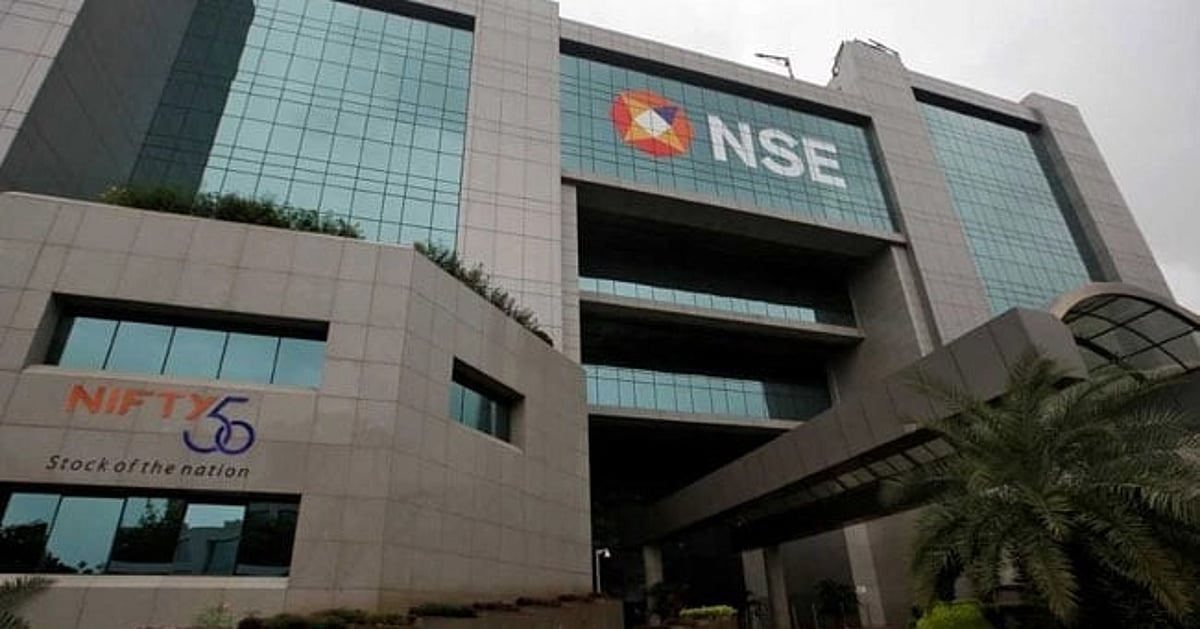India’s leading bourse, the National Stock Exchange, has received market regulator SEBI’s nod to launch monthly electricity futures contracts, as per a press statement.
Ashishkumar Chauhan, MD & CEO of NSE, said the SEBI approval marks the beginning of a larger plan to create a broader electricity derivatives ecosystem. NSE intends to gradually introduce Contracts for Difference (CFDs) and longer-duration contracts such as quarterly and annual futures, subject to regulatory approvals.
NSE will adopt a phased approach to ensure market integrity and build investor confidence. A financially settled futures market will help participants manage risk effectively, while a reliable day-ahead spot market will aid in accurate price discovery.
NSE Clearing Limited, India’s largest clearing corporation, will manage the clearing and settlement of these contracts.
In its earnings call last month, the NSE management clarified that the product will be settled on a platform regulated by SEBI. This would make it differ from spot electricity markets operated by exchanges like IEX, which are not under SEBI’s jurisdiction.
The management said that power derivatives represent one of the largest commodities markets globally, and once introduced in India, they will allow power buyers, sellers, and producers to hedge their price risks more effectively.
NSE is also on its way to a major expansion of its co-location infrastructure. Responding to a question on the call, the management said the exchange has been receiving steady applications from entities seeking co-location rack space, leading to a backlog.
To address this, NSE will add 300 new racks by the first quarter of fiscal 2026, which will ease much of the waiting list, though it may take a few additional months to clear the entire backlog.
To cater to longer-term demand, NSE is planning to expand its co-location facility by 2,000 racks over a phased period. The total cost for adding these 2,000 racks is estimated at Rs 520–550 crore.

Leave a Reply Cancel reply